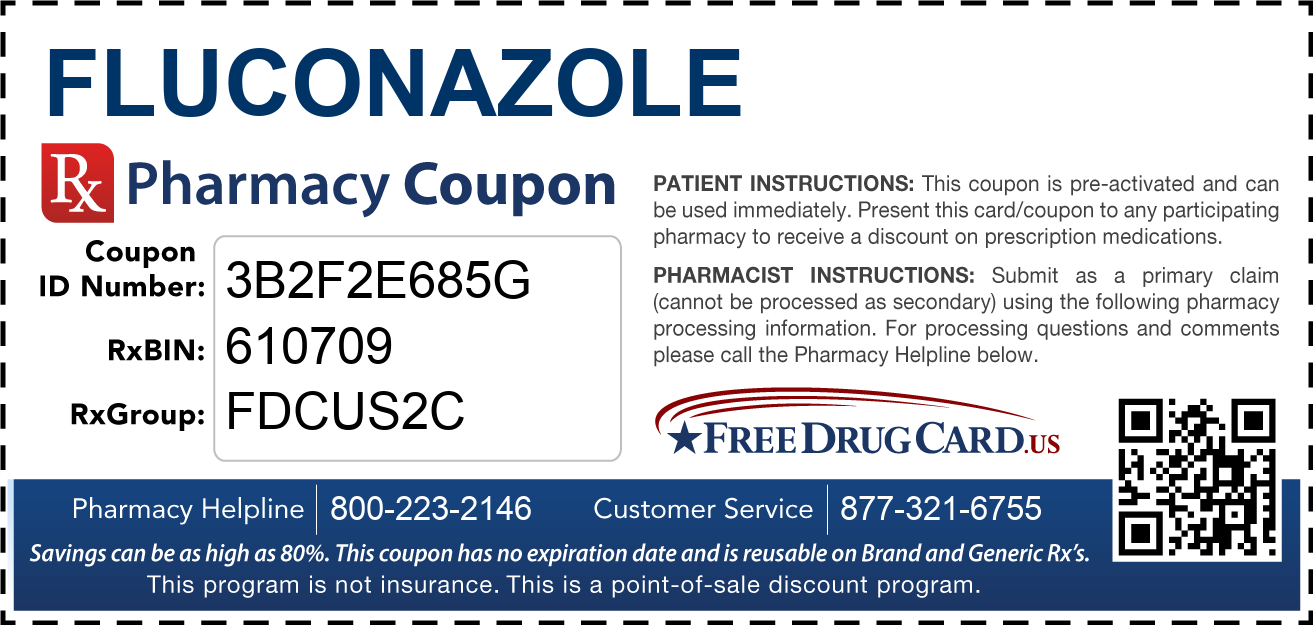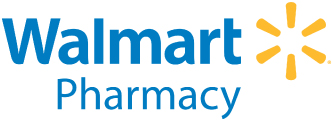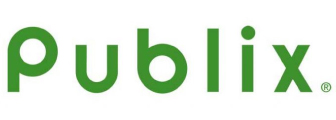Free Fluconazole Discount Coupon
Print your free Fluconazole coupon below and bring it into any of our 68,000 participating pharmacies including: Walgreens, CVS Pharmacy, Walmart Pharmacy, Rite Aid, Kroger, Kmart Pharmacy, and Safeway. This Fluconazole coupon can help you save up to 90% on your medication costs! This pharmacy coupon is pre-activated, can be used immediately, and has no membership fees. Our Patient Assistance Program is completely free and open to everyone.

Send this coupon as a text message to your cell phone:
Before you text your coupon, Like us on Facebook!
Send this coupon as an email to your friends and family:
Before you email your coupon, Like us on Facebook!
STEP 1: Print or save your free drug coupon.
STEP 2: Bring it to your local pharmacy.
STEP 3: Save up to 90% on your prescriptions!
Fluconazole Drug Information
- Why
- How
- Other Uses
- Precautions
- Special Dietary
- If I Forget
- Side Effects
- Storage Conditions
- Overdose
- Other Information
- Brand Names
Why is this medication prescribed?
Fluconazole is used to treat fungal infections, including yeast infections of the vagina, mouth, throat, esophagus (tube leading from the mouth to the stomach), abdomen (area between the chest and waist), lungs, blood, and other organs. Fluconazole is also used to treat meningitis (infection of the membranes covering the brain and spine) caused by fungus. Fluconazole is also used to prevent yeast infections in patients who are likely to become infected because they are being treated with chemotherapy or radiation therapy before a bone marrow transplant (replacement of unhealthy spongy tissue inside the bones with healthy tissue). Fluconazole is in a class of antifungals called triazoles. It works by slowing the growth of fungi that cause infection.
How should this medicine be used?
Fluconazole comes as a tablet and a suspension (liquid) to take by mouth. It is usually taken once a day, with or without food. You may need to take only one dose of fluconazole, or you may need to take fluconazole for several weeks or longer. The length of your treatment depends on your condition and on how well you respond to fluconazole. Follow the directions on your prescription label carefully, and ask your doctor or pharmacist to explain any part you do not understand. Take fluconazole exactly as directed. Do not take more or less of it or take it more often than prescribed by your doctor.
Your doctor may tell you to take a double dose of fluconazole on the first day of your treatment. Follow these directions carefully.
Shake the liquid well before each use to mix the medication evenly.
You should begin to feel better during the first few days of treatment with fluconazole. If your symptoms do not improve or get worse, call your doctor.
Continue to take fluconazole until your doctor tells you that you should stop, even if you feel better. Do not stop taking fluconazole without talking to your doctor. If you stop taking fluconazole too soon, your infection may come back after a short time.
Ask your pharmacist or doctor for a copy of the manufacturer's information for the patient.
Other uses for this medicine
Fluconazole is also sometimes used to treat serious fungal infections that begin in the lungs and can spread through the body and fungal infections of the eye, prostate (a male reproductive organ), skin and nails. Fluconazole is also sometimes used to prevent fungal infections in people who are likely to become infected because they have human immunodeficiency virus (HIV) or cancer or have had a transplant operation (surgery to remove an organ and replace it with a donor or artificial organ). Talk to your doctor about the possible risks of using this medication for your condition.
This medication may be prescribed for other uses; ask your doctor or pharmacist for more information.
What special precautions should I follow?
Before taking fluconazole,
- tell your doctor and pharmacist if you are allergic to fluconazole, other antifungal medications such as itraconazole (Sporanox), ketoconazole (Nizoral), posaconazole (Noxafil), or voriconazole (Vfend), any other medications, or any of the ingredients in fluconazole tablets or suspension. Ask your pharmacist for a list of the ingredients.
- tell your doctor if you are taking astemizole (Hismanal) (not available in the US), cisapride (Propulsid) (not available in the US), pimozide (Orap), quinidine (Quinidex), or terfenadine (Seldane) (not available in the US). Your doctor will probably tell you not to take fluconazole if you are taking any of these medications.
- tell your doctor and pharmacist what prescription and nonprescription medications, vitamins, nutritional supplements, and herbal products you are taking, or plan to take. Also you should tell your doctor you have taken fluconazole before starting to take any new medications within 7 days of receiving fluconazole. Be sure to mention any of the following: amitriptyline; amphotericin B (Abelcet, AmBisome, Amphotec, Fungizone); anticoagulants ('blood thinners') such as warfarin (Coumadin, Jantoven); benzodiazepines such as midazolam (Versed); calcium channel blockers such as amlodipine (Norvasc, in Caduet, in Lotrel), felodipine (Plendil, in Lexxel), isradipine (DynaCirc), and nifedipine (Adalat, Procardia); carbamazepine (Carbatrol, Epitol, Tegretol); celecoxib (Celebrex); cholesterol-lowering medications (statins) such as atorvastatin (Lipitor, in Caduet), fluvastatin (Lescol), and simvastatin (Zocor, in Simcor, in Vytorin); clopidogrel (Plavix); cyclophosphamide (Cytoxan); cyclosporine (Gengraf, Neoral, Sandimmune); diuretics ('water pills') such as hydrochlorothiazide (HydroDIURIL, Microzide); erythromycin (E.E.S., E-Mycin, Erythrocin); fentanyl (Actiq, Duragesic, Fentora, Sublimaze); isoniazid (INH, Nydrazid); losartan (Cozaar, in Hyzaar); methadone (Methadose); nevirapine (Viramune); nonsteroidal anti-inflammatory drugs (NSAIDS) such as ibuprofen (Advil, Motrin, others) and naproxen (Aleve, Anaprox, Naprelan); oral contraceptives (birth control pills); oral medication for diabetes such as glipizide (Glucotrol), glyburide (Diabeta, Micronase, Glycron, others), and tolbutamide (Orinase); nortriptyline (Pamelor); phenytoin (Dilantin, Phenytek); prednisone (Sterapred); rifabutin (Mycobutin); rifampin (Rifadin, Rimactane, in Rifamate, in Rifater); saquinavir (Invirase); sirolimus (Rapamune); tacrolimus (Prograf); theophylline (Elixophyllin, Theo-24, Uniphyl, others); triazolam (Halcion); valproic acid (Depakene, Depakote); vinblastine; vincristine; vitamin A; voriconazole (Vfend); and zidovudine (Retrovir). Your doctor may need to change the doses of your medications or monitor you carefully for side effects. Many other medications may also interact with fluconazole, so be sure to tell your doctor about all the medications you are taking, even those that do not appear on this list.
- tell your doctor if you have or have ever had cancer; acquired immunodeficiency syndrome (AIDS); an irregular heartbeat; a low level of calcium, sodium, magnesium, or potassium in your blood; rare, inherited conditions where the body is not able to tolerate lactose or sucrose;or heart, kidney, or liver disease.
- tell your doctor if you are pregnant, especially if you are in the first 3 months of your pregnancy, plan to become pregnant, or are breast-feeding. If you become pregnant while taking fluconazole, call your doctor. Fluconazole may harm the fetus.
- if you are having surgery, including dental surgery, tell the doctor or dentist that you are taking fluconazole.
- you should know that fluconazole may make you dizzy or cause seizures. Do not drive a car or operate machinery until you know how this medication affects you.
What special dietary instructions should I follow?
Unless instructed otherwise by your doctor, continue your normal diet.
What should I do if I forget a dose?
Take the missed dose as soon as you remember it. However, if it is almost time for the next dose, skip the missed dose and continue your regular dosing schedule. Do not take a double dose to make up for a missed one.
What side effects can this medication cause?
Fluconazole may cause side effects. Tell your doctor if any of these symptoms are severe or do not go away:
- headache
- dizziness
- diarrhea
- stomach pain
- heartburn
- change in ability to taste food
Some side effects can be serious. If you experience any of the following symptoms, call your doctor immediately or get emergency treatment:
- nausea
- vomiting
- extreme tiredness
- unusual bruising or bleeding
- lack of energy
- loss of appetite
- pain in the upper right part of the stomach
- yellowing of the skin or eyes
- flu-like symptoms
- dark urine
- pale stools
- seizures
- rash
- blistering or peeling skin
- hives
- itching
- swelling of the face, throat, tongue, lips, eyes, hands, feet, ankles, or lower legs
- difficulty breathing or swallowing
Fluconazole may cause other side effects. Call your doctor if you have any unusual problems while taking this medication.
What storage conditions are needed for this medicine?
Keep this medication in the container it came in, tightly closed, and out of reach of children. Store it at room temperature and away from excess heat and moisture (not in the bathroom). Throw away any medication that is outdated or no longer needed. Throw away any unused liquid medication after 14 days. Talk to your pharmacist about the proper disposal of your medication.
In case of emergency/overdose
In case of overdose, call your local poison control center at 1-800-222-1222. If the victim has collapsed or is not breathing, call local emergency services at 911.
What other information should I know?
Keep all appointments with your doctor and the laboratory. Your doctor may order certain lab tests to check your response to fluconazole.
Do not let anyone else use your medication. Ask your pharmacist if you have questions about refilling your prescription. If you still have symptoms of infection after you finish taking the fluconazole, call your doctor.
It is important for you to keep a written list of all of the prescription and nonprescription (over-the-counter) medicines you are taking, as well as any products such as vitamins, minerals, or other dietary supplements. You should bring this list with you each time you visit a doctor or if you are admitted to a hospital. It is also important information to carry with you in case of emergencies.
Brand Names
- Diflucan®
FreeDrugCard.us is a proud supporter of Children's Miracle Network

A donation will be made to your local CMN hospital each time a prescription is processed using this prescription coupon.
This Coupon is Good for the Following Antibiotic Prescriptions:
Fluconazole
- FLUCONAZOLE POW
- FLUCONAZOLE SUS 10MG/ML
- FLUCONAZOLE SUS 40MG/ML
- FLUCONAZOLE TAB 50MG
- FLUCONAZOLE TAB 100MG
- FLUCONAZOLE TAB 150MG
- FLUCONAZOLE TAB 200MG
- FLUCONAZOLE INJ DEX 200
- FLUCONAZOLE INJ DEX 400
- FLUCONAZOLE INJ NACL 100
- FLUCONAZOLE INJ NACL 200
- FLUCONAZOLE INJ NACL 400
































